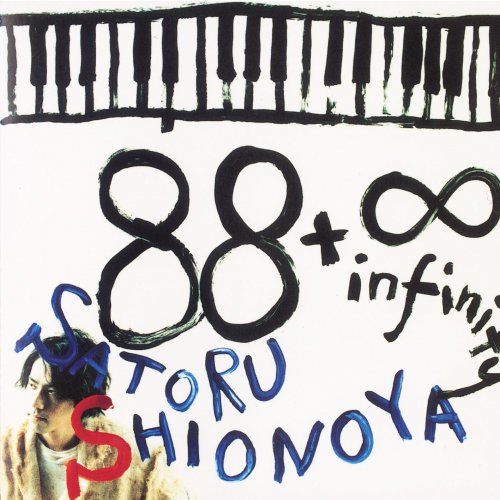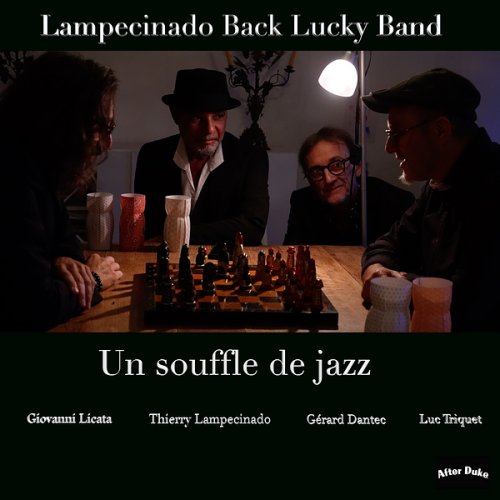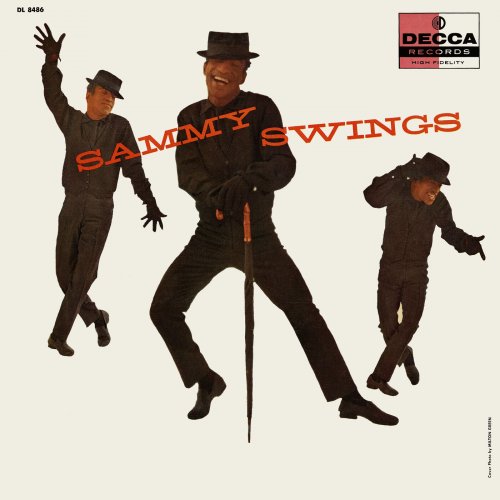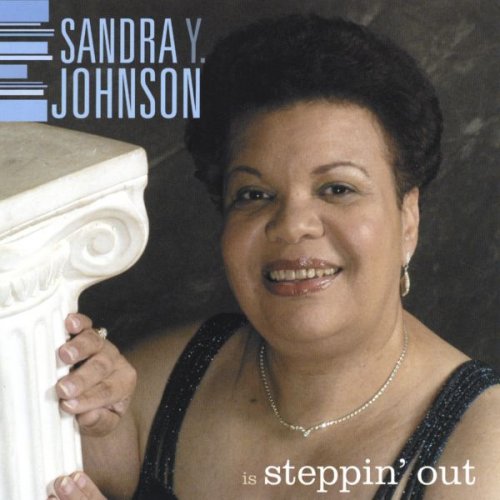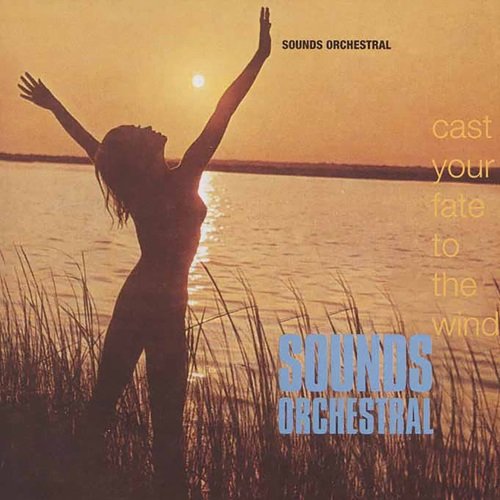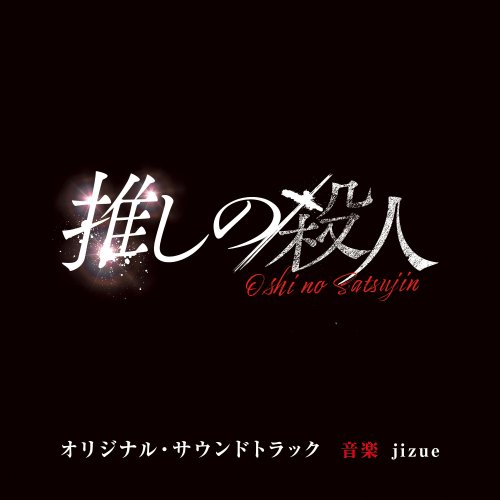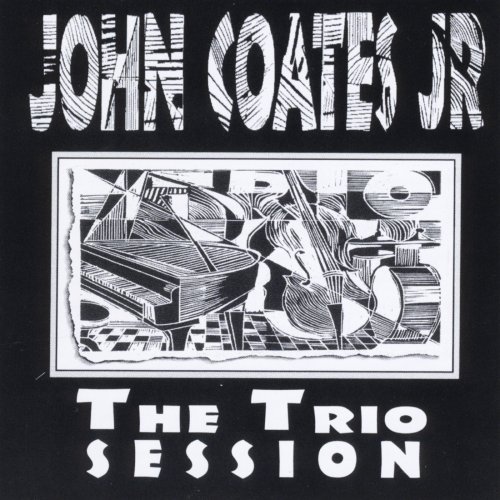Tokyo String Quartet, David Watkin - Schubert: String Quintet D956, Quartettsatz D703 (2011)
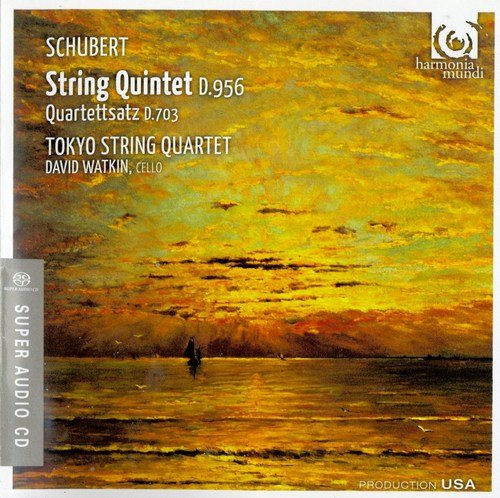
Artist: Tokyo String Quartet, David Watkin
Title: Schubert: String Quintet D956, Quartettsatz D703
Year Of Release: 2011
Label: Harmonia Mundi
Genre: Classical
Quality: FLAC (image+.cue,log,scans)
Total Time: 01:05:39
Total Size: 302 Mb
WebSite: Album Preview
Tracklist: Title: Schubert: String Quintet D956, Quartettsatz D703
Year Of Release: 2011
Label: Harmonia Mundi
Genre: Classical
Quality: FLAC (image+.cue,log,scans)
Total Time: 01:05:39
Total Size: 302 Mb
WebSite: Album Preview
Franz Schubert (1797-1828)
[1]-[4] Quintet in C major, D956 (1828)
[5]-[6] Quartet in C minor, D703, "Quartettsatz" (1820)
Performers:
Tokyo String Quartet
Martin Beaver violin
Kikuei Ikeda violin
Kazuhide Isomura viola
Clive Greensmith cello
with David Watkin cello
The last chamber music composition that Franz Schubert was to finish before his untimely death in 1828, the D. 959 String Quintet in C major is undoubtedly one of the composer's finest, most sublime works. The instrumentation was an anomalous choice. The last composer of note to write for string quintet was Mozart, who unsurprisingly opted for the addition of a second viola. Not since Boccherini had a composer chosen instead, as Schubert did, to include a second cello into the standard quartet makeup. The quintet visits several planes including tumult, blissful serenity, and utter joy. Brilliantly capturing these varying emotional states is the Tokyo String Quartet joined by second cellist David Watkin. These five musicians unite to delicately handle all of the sophistication of Schubert's score while maintaining momentum, vitality, and contrast sufficient to keep the writing (particularly the potentially long-winded first movement) from becoming stagnant. With the inclusion of two cellos, what's surprisingly missing in this recording is sufficient presence and definition from the bass end of the sound spectrum. Instead, Watkin and Clive Greensmith come out sounding blurred, hazy, and subverted by the upper strings. The disc also includes a well-executed, satisfying reading of the D. 703 Quartettsatz along with the seldom-heard second movement fragment.
![Thomas Wenglinski - Something Always Happens (2025) [Hi-Res] Thomas Wenglinski - Something Always Happens (2025) [Hi-Res]](https://www.dibpic.com/uploads/posts/2025-12/1765497916_fg7n35hdbubsa_600.jpg)
